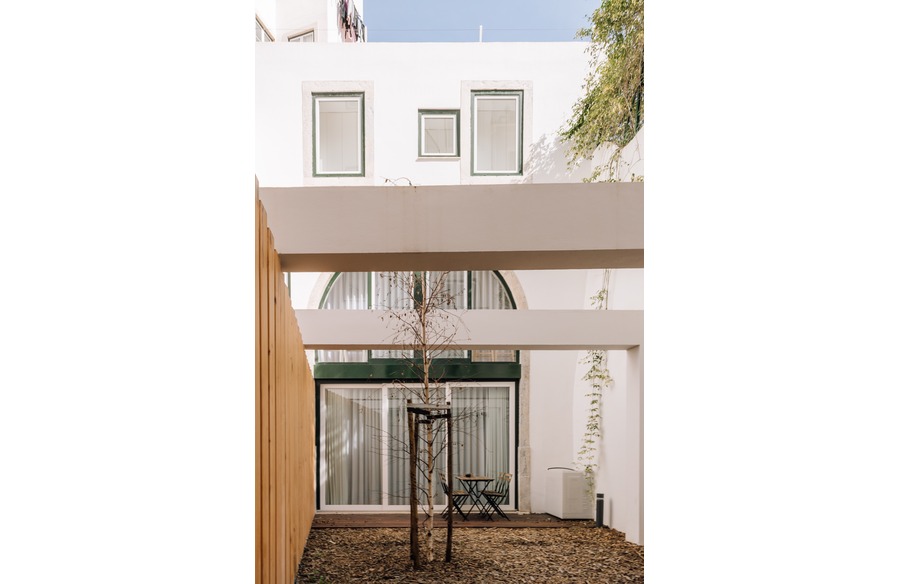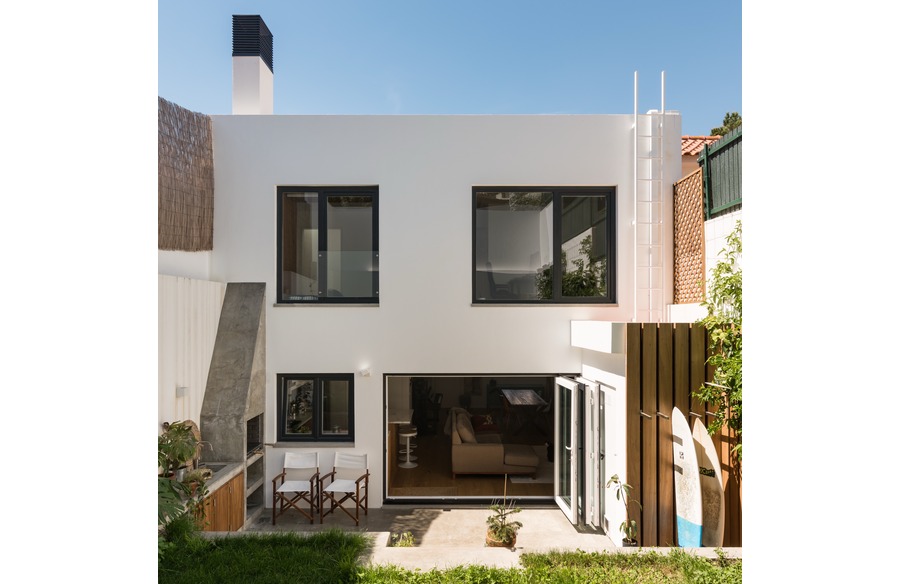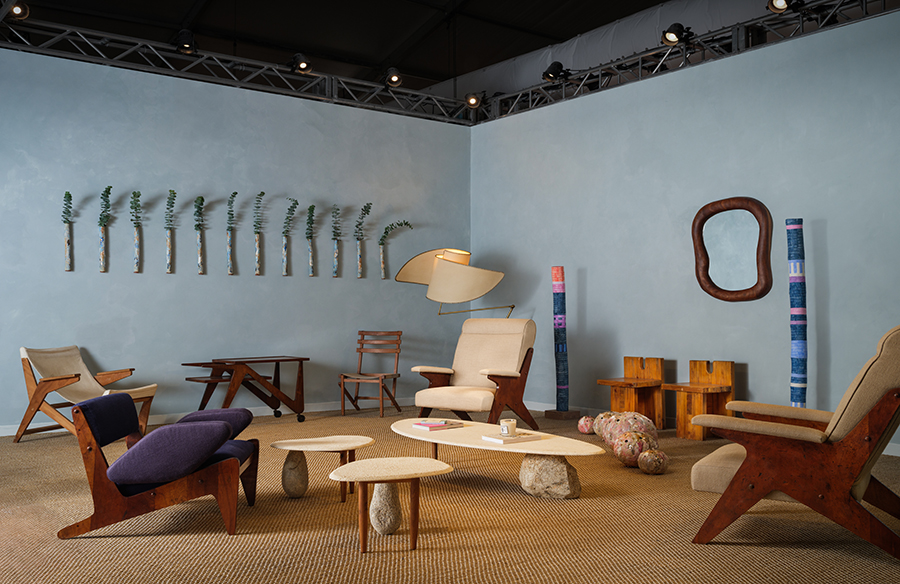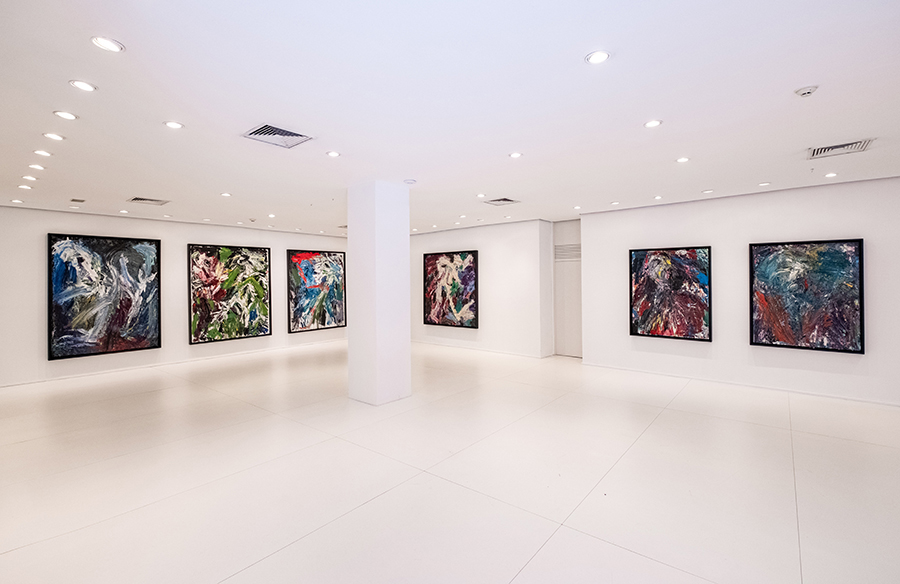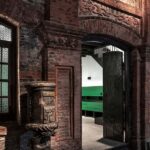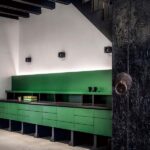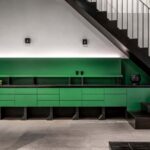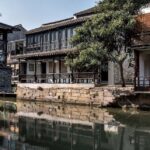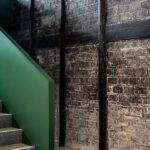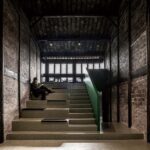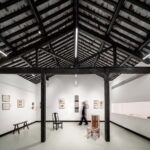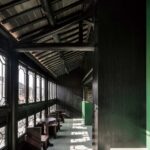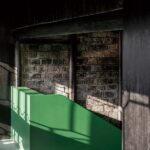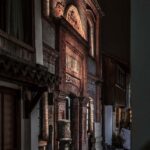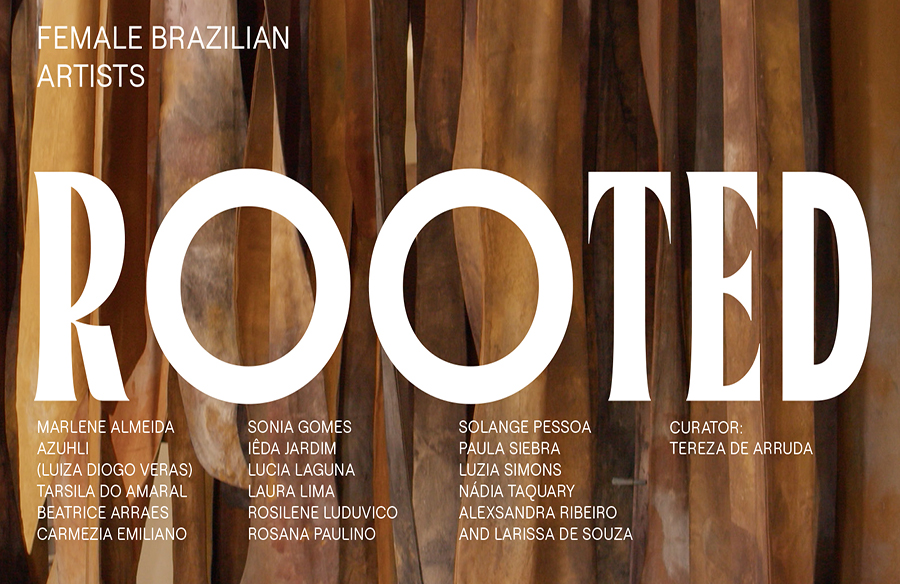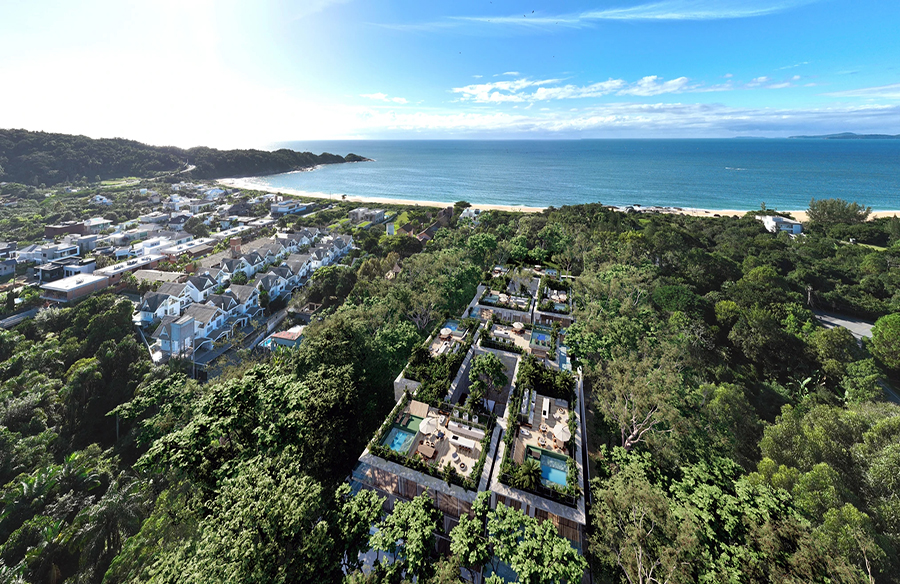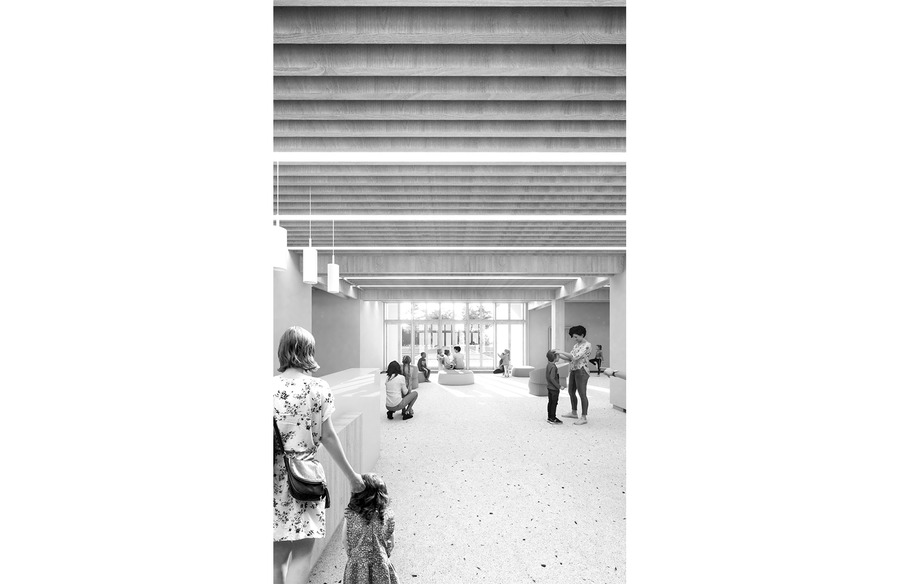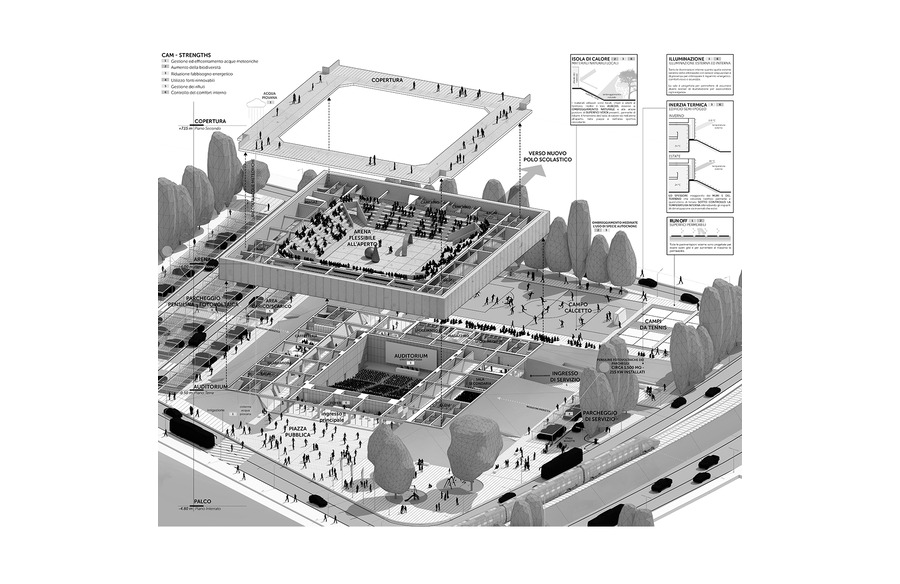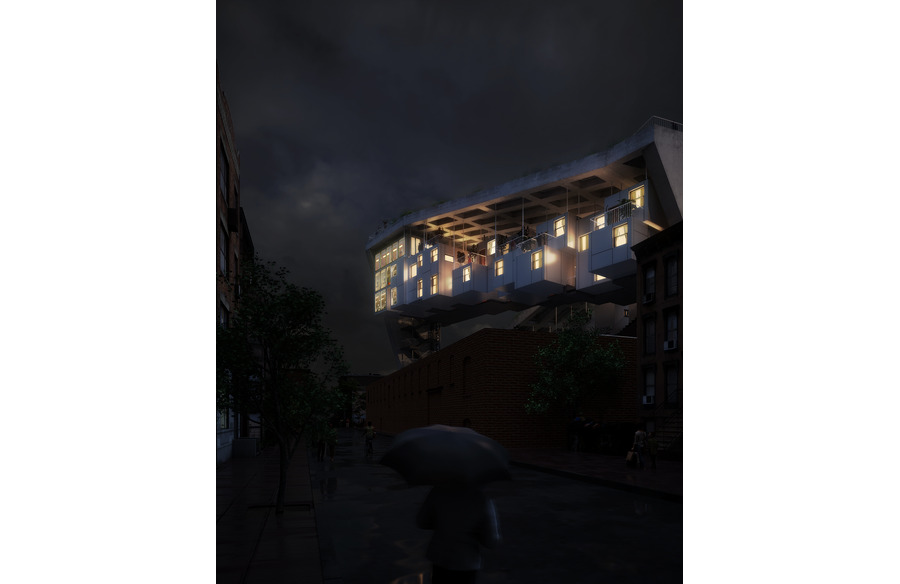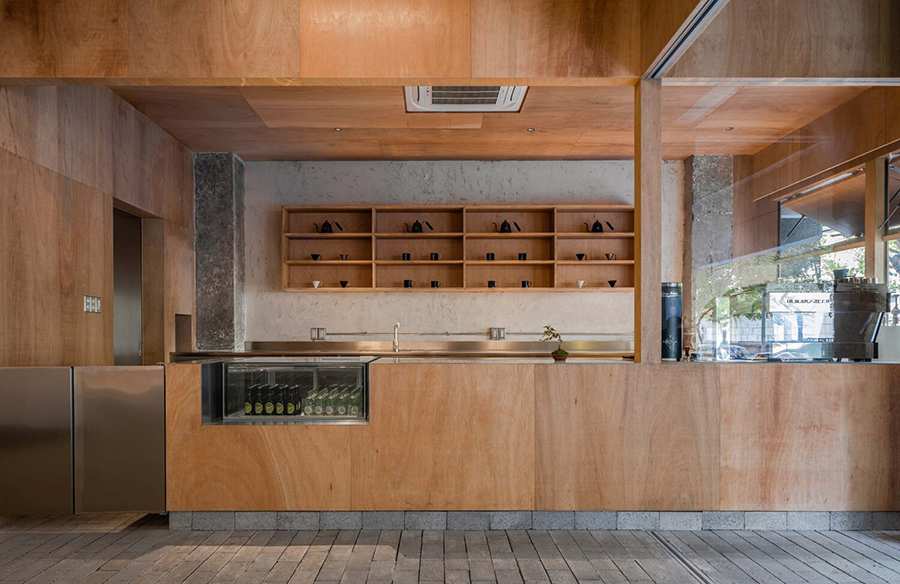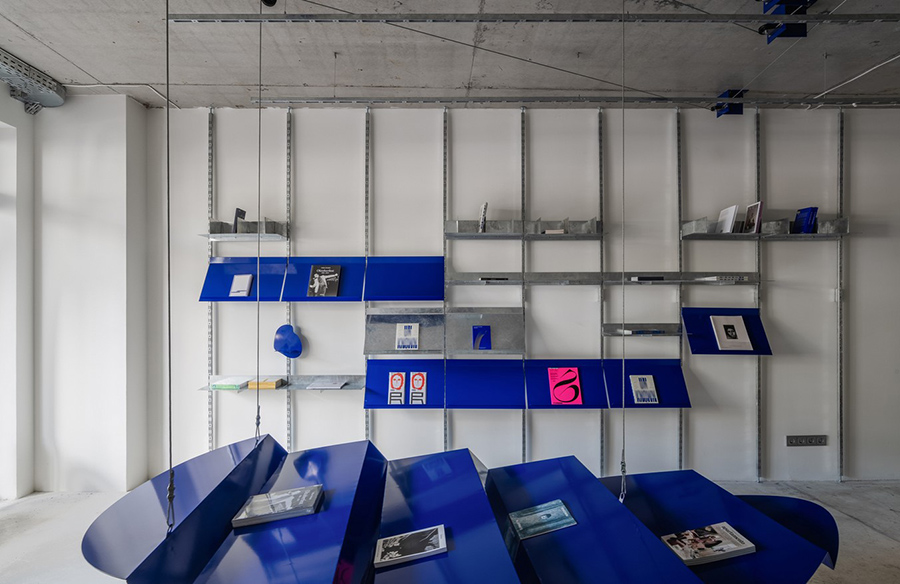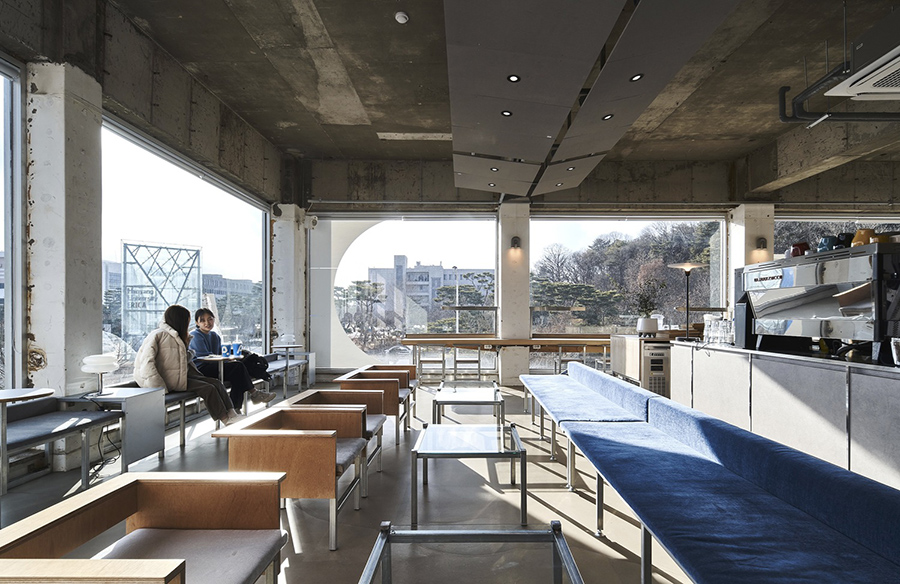Restoring Heritage: The Transformation of Qing Dynasty Post Office
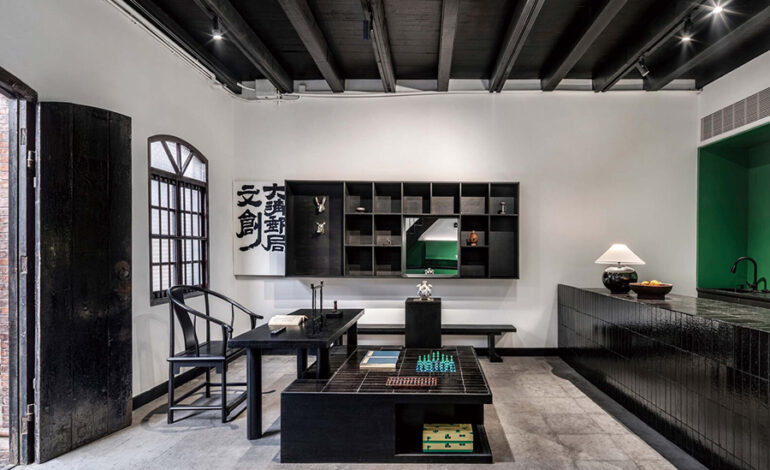
More Design Office (MDO) undertook the ambitious project of renovating a Qing Dynasty Post Office into a vibrant community space in Zhujiajiao, China. The endeavor aimed to preserve the historical significance of the post office while infusing it with modern functionalities to serve as a hub for cultural exchange and community engagement.
Project Overview
Commissioned by the local Qingpu government, the project sought to showcase the post office’s rich history to residents and tourists alike. The design approach focused on creating versatile spaces, including a waterfront café, community hall, and gallery, to share the story of the postal service through permanent exhibits and interactive displays.
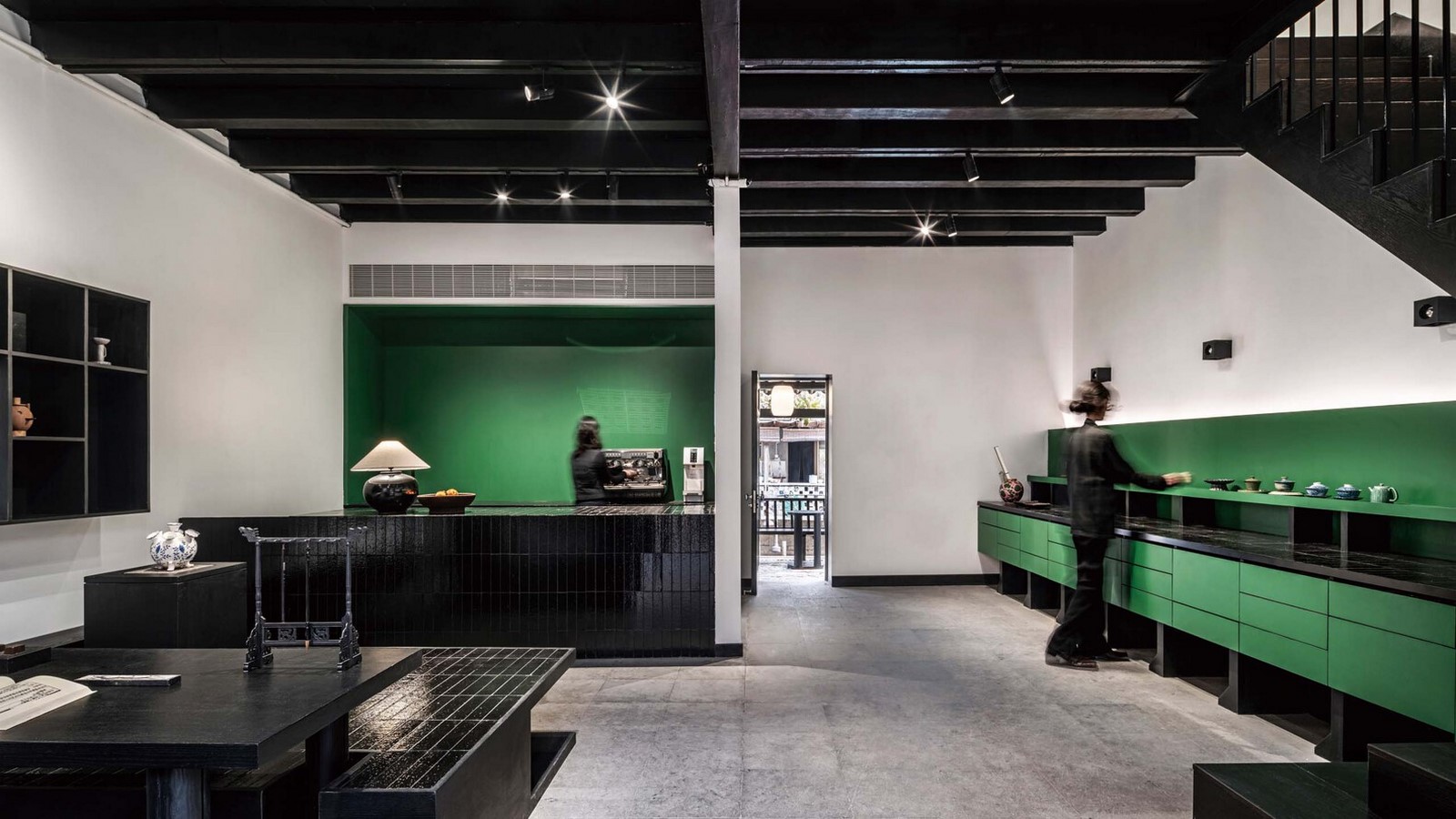
Architectural Restoration
The original Qing Dynasty architecture underwent meticulous restoration, reverting to its authentic form of brickwork, timber structure, and tile. New elements were carefully integrated to complement the historical context, with a color palette inspired by local fabrics and the surrounding natural landscape. The project celebrated the building’s heritage while adapting it for contemporary use.
Embracing Tradition and Innovation
By addressing the challenge of preserving cultural heritage amidst rapid urban development, the renovation project in Zhujiajiao showcased a harmonious blend of tradition and modernity. Modern elements were incorporated to revive the post office’s original purpose of information sharing, fostering a dialogue between the past and the present.
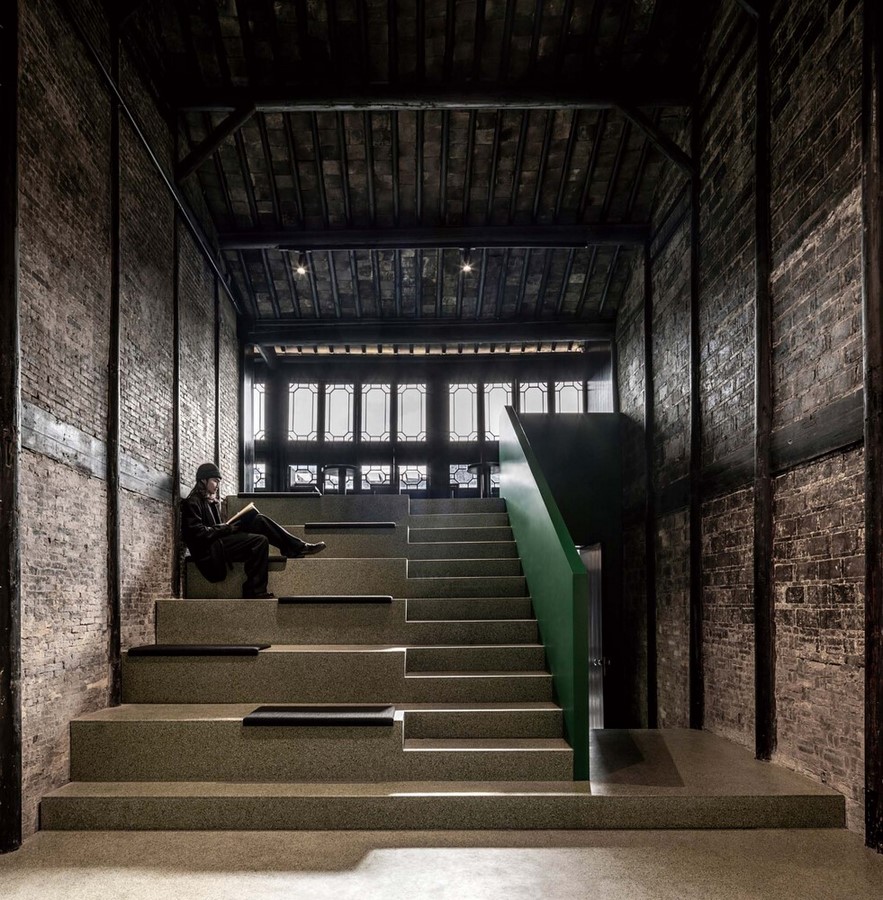
Community Impact
The renovation project emphasized resource efficiency and community engagement, utilizing recycled materials and employing local residents as guides to share the post office’s history. Energy-efficient design features and cross ventilation were implemented to enhance sustainability and comfort for visitors.
Conclusion
The Contemporary Renovation of Qing Dynasty Post Office by More Design Office exemplifies a sensitive approach to heritage conservation and urban renewal. By preserving historical architecture and integrating modern elements, the project breathes new life into a cultural landmark, ensuring its relevance for future generations.

